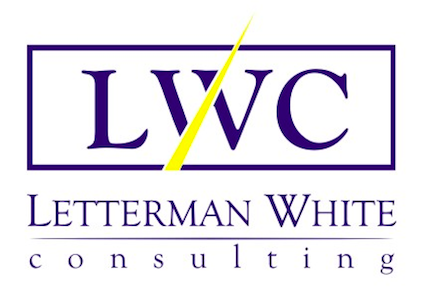By Susan Letterman White
When a colleague or employee comes to us with a problem, our first instinct, the one we were taught as children by our parents, is to offer advice. “Let me tell you what I would do, if I were in your position.” Yet, positions are not automatically interchangeable. People are complex. The situations in which a person’s problem arises is complex. There is a lot of unknown and unpredictability baked into the situation and people involved. As a matter of truth, our belief about advice – that we can put ourselves into the position of someone else – is false. We cannot. The very foundation on which advice is often based, is unsound.
Advice is also the problem-solving method in relationships of dependence. When we ask or give advice, we perpetuate the relationship and roles of expert and dependent. Our colleagues and employees are the dependents. In a world where complexity, unknowns, volatile change, and ambiguous facts are the rule, we need our colleagues and employees to be empowered, not dependent. We need them to be able to act and adjust their actions as a process of learning and empowerment so as to strengthen our collective ability to survive and thrive in today’s world.
Your organization needs a culture of resilience and learning to be able to adapt and adjust to today’s complex world. You need a coaching culture first and an advice culture second. You need your colleagues and employees to solve their own problems, thinking critically and creatively as they make decisions, and learn to make increasingly complex decisions while being productive and innovative. This set of needs represents significant changes in behaviors, thought patterns, and emotional intelligence to guide how we feel and use our feelings strategically.
Integrating coaching into your management and leadership techniques is a means to help your colleagues and employees change their behavior. Instead of trying to be the expert and provide perfect advice, be curious and driven by a desire to learn more about a problem situation and the person with the capacity to address that problem. Instead of advice, ask questions to promote your colleague or employee’s thought process and decision-making skills. These questions should focus on capacity building to think more broadly and holistically about a situation. What do we know about the situation and problem? What do we know about the people involved? What are possible solutions to try? What are the advantages and disadvantages of each? How can we prioritize risks and benefits? When can we learn from taking a risk and failing without causing an existential threat?
Are you operating in an advice culture or a coaching culture?


